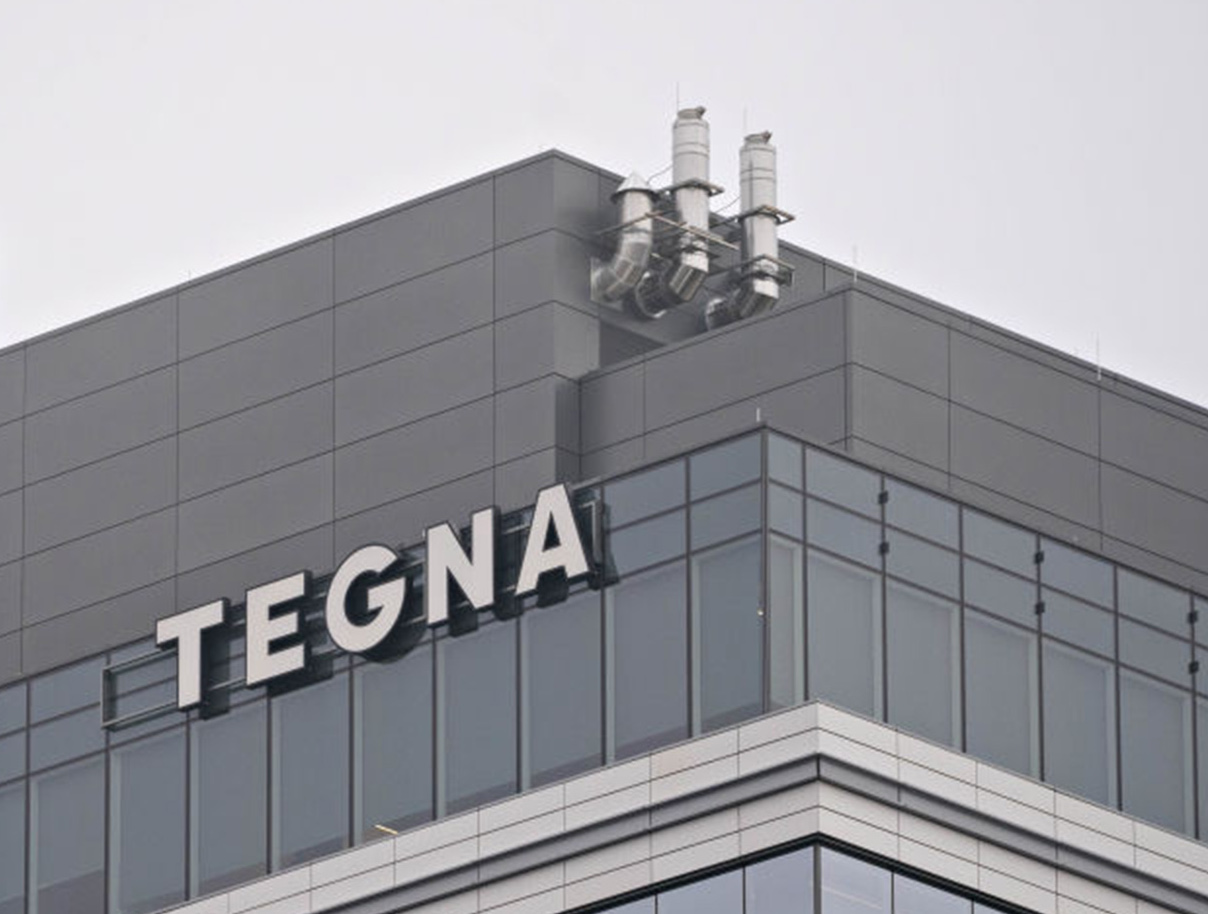FCC auction rule favors Google while AT&T’s leverage rises
Many experts think the FCC’s auction rules now favor Google, the influential Internet giant that promised to spend $4.6 billion or more to acquire spectrum so it can compete against incumbent mobile service providers.
However, AT&T has agreed to pay $2.5 billion for 700MHz band spectrum licenses from Aloha Partners, which moves the telco into a position as a top contender because it doesn’t have to be as aggressive as competitors in January’s auction.
Last week’s deal to acquire all of Aloha’s licenses in the 700MHz range will give AT&T coverage blanketing 196 million people in 281 markets. It will boost AT&T’s presence in most of the top 100 markets in the United States and make it the largest owner of licenses in the 700MHz to 800MHz range of the spectrum, a claim Aloha held before agreeing to sell to AT&T.
The deal also affects mobile television technology, because Aloha had been using the spectrum for Las Vegas testing of Hiwire, a mobile video service based on the DVB-H transmission standard.
The moves are setting the stage for perhaps the most important spectrum auction in modern U.S. history. Major telcos, led by Verizon, argue that the auction’s open access rules threaten existing business models, which currently rely on locking customers into long-term contracts to get access to limited devices and services.
Google, a key proponent of open access, has an alternative view. If successful, the company has committed to develop long-range, low-cost wireless Internet access that can be used by any compatible hardware and software. Reports say Google is developing a mobile operating system whose open-source, platform-independent design would encourage such access.
In addition, mobile hardware makers like Apple and Nokia would benefit because their handheld mobile computing devices could operate independent of a single one carrier and without restrictions on operating software.
Smaller companies, in the meantime, are worried that the rule will discourage large carriers from bidding on spectrum requiring open access and they will be driven instead to bid on unrestricted spectrum covering smaller geographic areas of the country.
Christopher Guttman-McCabe, vice president of CTIA, a trade group representing smaller companies, called for abandonment of the open access rules because large carriers will likely bid on the smaller licenses “rather than accept large, encumbered licenses.”
The professional video industry's #1 source for news, trends and product and tech information. Sign up below.
Martin said the FCC applied open access to only a portion of the spectrum in order to accommodate smaller operations (under $40 million), which will get a 25 percent discount on any winning bid. He also suggested that open platforms would benefit small businesses by giving them new devices to sell to consumers.
